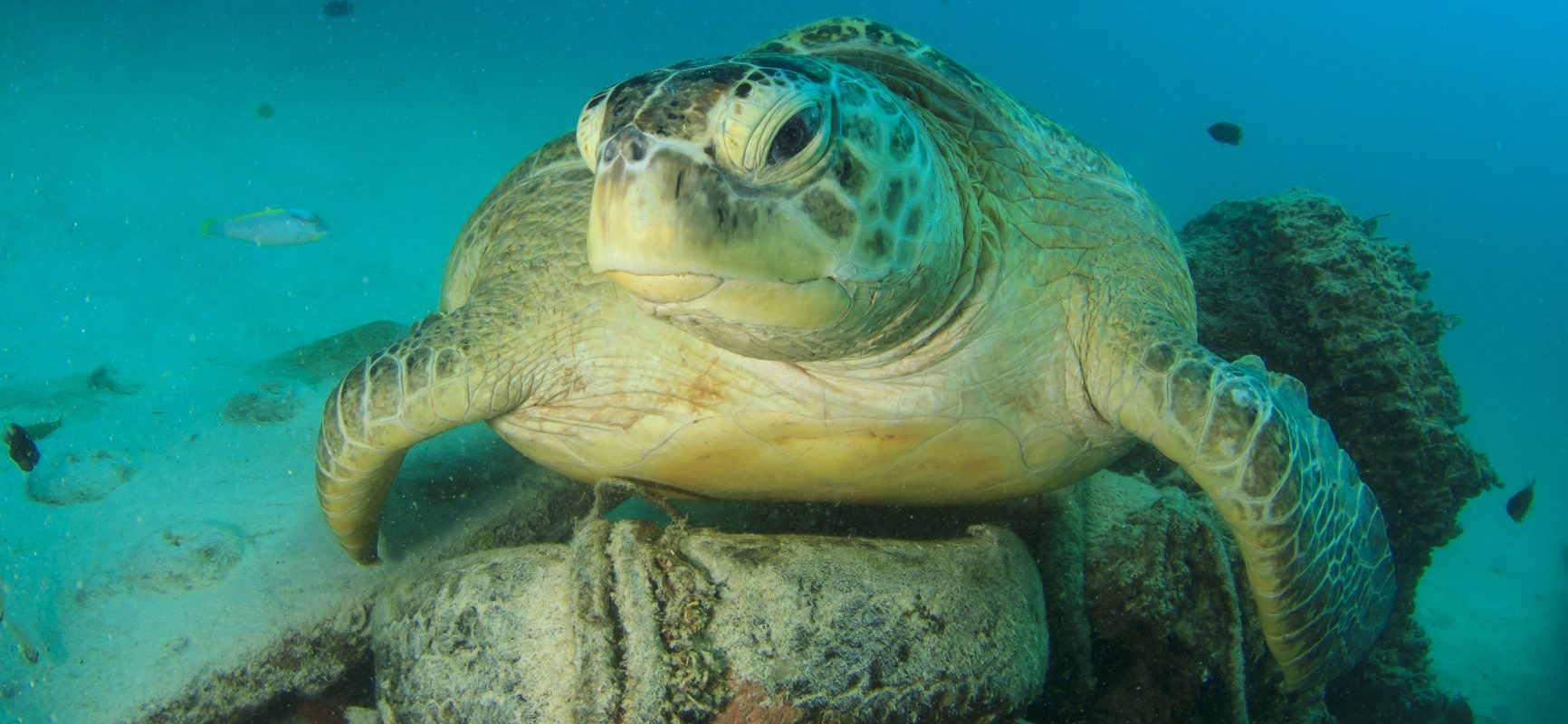 21st Feb 2018 by MIW Water Coolers
21st Feb 2018 by MIW Water Coolers
Waste Not Want Not
A new island has joined the Caribbean archipelago, but this one doesn’t make quite such an appealing holiday destination.
Ah, the Caribbean. Crystalline waters, pure white beaches, and an area of floating rubbish approximately 2 miles long and 30 meters wide. It’s not what most of us imagine when thinking of one of the world’s most beautiful destinations. And it’s not what photographer, Caroline Power, had hoped for when embarking on one of her most recent underwater projects, but it’s exactly what she found.
Social media, on the whole, is a bit of a frippery. We use it to share pictures of our food, silly memes, and to brag about our holidays, but occasionally it can teach us something really worth the knowing. It was on Facebook that I came across Caroline’s story, while browsing through the BBC’s news feed. But while it instantly repulsed and saddened me, reading other people’s comments also gave me a little bit of hope.
Our oceans have become a massive repository for plastic. Experts believe that if things don’t change, there will be more plastic in the sea than fish by the year 2050, and depressing as that is, the encouraging thing is that people really want to see change. The question is: are we prepared to put our words into action?
While recycling programmes help, the only way that we’re going to see a long-term reduction in waste plastic is if we stop using it.
I’m not naïve enough to suggest a wholesale ban on the production of plastic – it’s too ubiquitous for that: it’s in the computer that I’m using, the chair that I’m sitting on, the toys that your kids are playing with, and even the clothes that millions of us wear. (Clothes? Really? Yeah; what do you think those cheap microfleece jackets you bought to complete your team’s uniform are made from?) BUT, that’s not to say that we can’t reduce our reliance on single-use plastics. It won’t solve the whole problem, but it will make a difference.
Bottles are the easiest place to start:
- In supermarkets, go for the glass-bottled condiments; the manufacturers will soon see the trend.
- Rather than buying bottled water while out, take some with you in a reusable sports bottle.
- If you run a business, consider switching from traditional water coolers for your staff and providing a sports bottle filling station with drinking fountain – in a workshop or outdoor area something like the Halsey Taylor Endura II, indoors the Elkay EZH2O.
Move on to other areas:
- Stop using drinking straws.
- Give up chewing gum – once upon a time it was made from natural rubber, these days it’s basically flavoured plastic. Yum!
- Give your custom to greengrocers who use paper bags.
- Carry reusable bags with you.
- And never, ever use glitter… even if it makes you feel like a fairy queen or king.
If we don’t do something soon, plastic islands like the one photographed by Caroline Power will no longer be the startling aberration, but the commonplace norm. I don’t want to live in a world like that. Do you?











